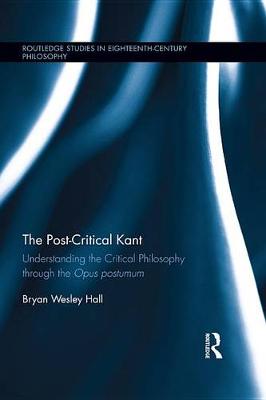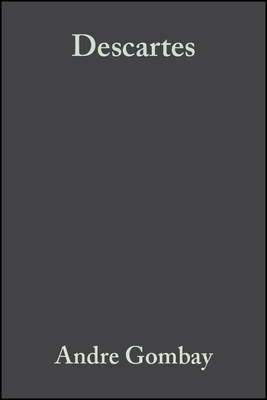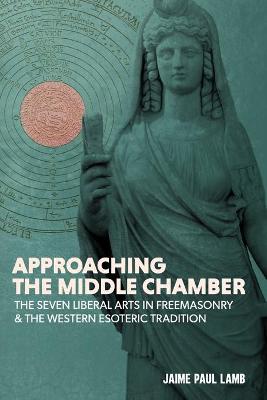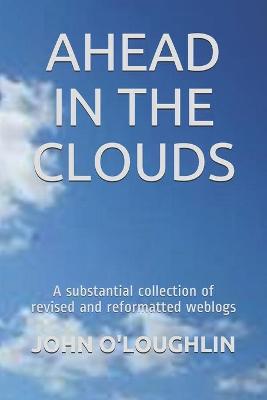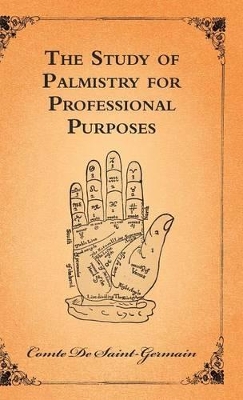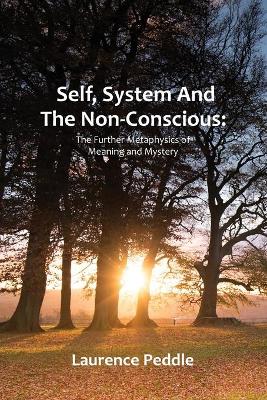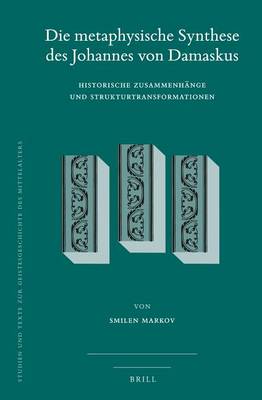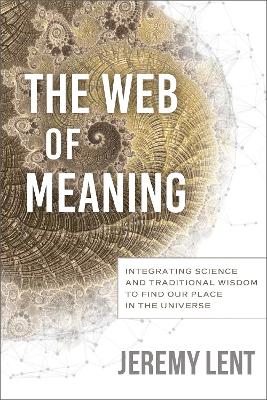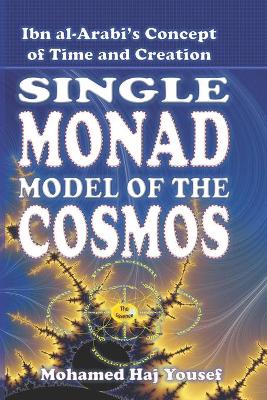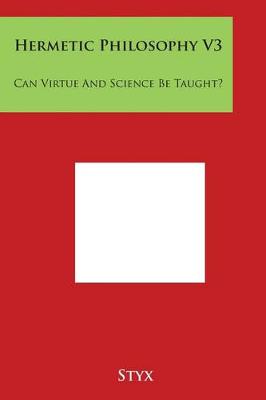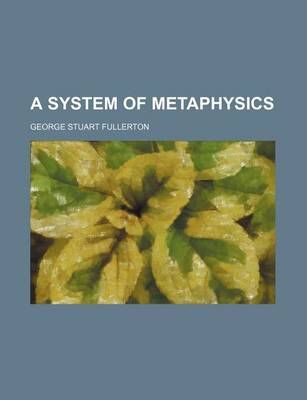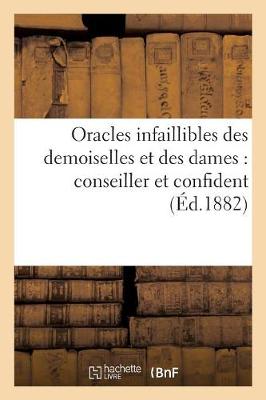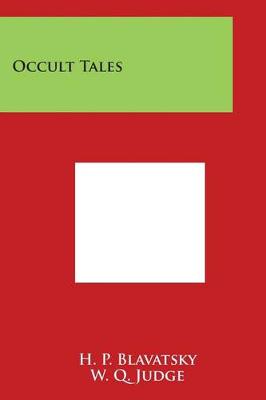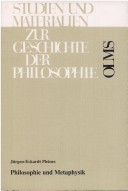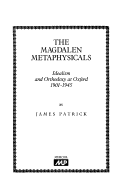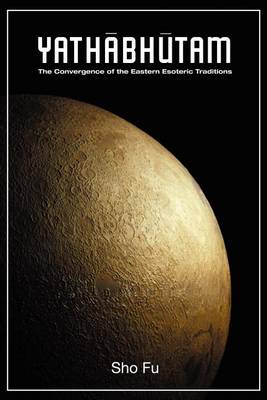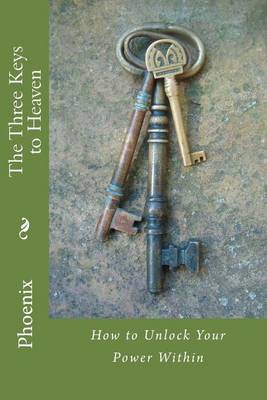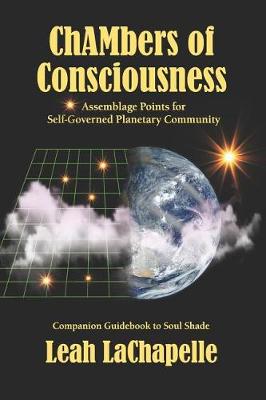The Post-Critical Kant (Routledge Studies in Eighteenth Century Philosophy, #10)
by Bryan Hall
In this book, Bryan Wesley Hall breaks new ground in Kant scholarship, exploring the gap in Kant's Critical philosophy in relation to his post-Critical work by turning to Kant's final, unpublished work, the so-called Opus Postumum. Although Kant considered this project to be the "keystone" of his philosophical efforts, it has been largely neglected by scholars. Hall argues that only by understanding the Opus Postumum can we fully comprehend both Kant's mature view as well as his Critical project...
A bold and insightful departure from related texts, Descartes goes beyond the categorical associations placed on the philosopher's ideas, and explores the subtleties of his beliefs. * An elegant, compelling and insightful introduction to Descartes' life and work. * Discusses a broad range of his most scrutinized philosophical thought, including his contributions to logic, philosophy of the mind, epistemology, metaphysics, the philosophy of science, and the philosophy of religion. * Explores th...
Approaching the Middle Chamber
by Jaime Paul Lamb, Jason Marshall, and Matthew Anthony
A substantial collection of revised and reformatted mainly philosophical weblogs by John O'Loughlin of Centretruths, whose philosophy is largely metaphysical and biased towards ethereal subjectivity to a degree which makes it, in some respects, 'cloud-like' in character, without being hairy-fairy or nebulous.
The Study Of Palmistry For Professional Purposes
by Comte De Saint-Germain
Die Metaphysische Synthese Des Johannes Von Damaskus (Studien Und Texte Zur Geistesgeschichte Des Mittelalters, #118)
by Smilen Markov
Smilen Markov's monograph on the metaphysical synthesis of John Damascene depicts a paradox ontological structure: the single man, whose ontological position is conditioned by non-being, participates in the life of the Origin of being. The term 'historical interconnections' denotes the basic elements of Damascene's reception strategy through which he approaches the Holy Scripture and the tradition of the fathers. The structural transformation to which different epochs and cultural circles put Da...
"A profound personal meditation on human existence and a tour-de-force weaving together of historic and contemporary thought on the deepest question of all: why are we here?" — Gabor Maté M.D., author, In the Realm of Hungry Ghosts As our civilization careens toward climate breakdown, ecological destruction, and gaping inequality, people are losing their existential moorings. The dominant worldview of disconnection, which tells us we are split between mind and body, separate from each other, an...
The Single Monad Model of the Cosmos (Single Monad Model of the Cosmos, #1)
by Mohamed Haj Yousef
Oracles Infaillibles Des Demoiselles Et Des Dames: Conseiller Et Confident Du Beau Sexe Repondant (Philosophie)
by Sans Auteur
Knowledge of Time & Space (Time, space & knowledge)
by Tarthang Tulku
Philosophie Und Metaphysik Teleologisches Und Spekulatives Denken in Geschichte Und Gegenwart
by Jurgen-Eckhardt Pleines
